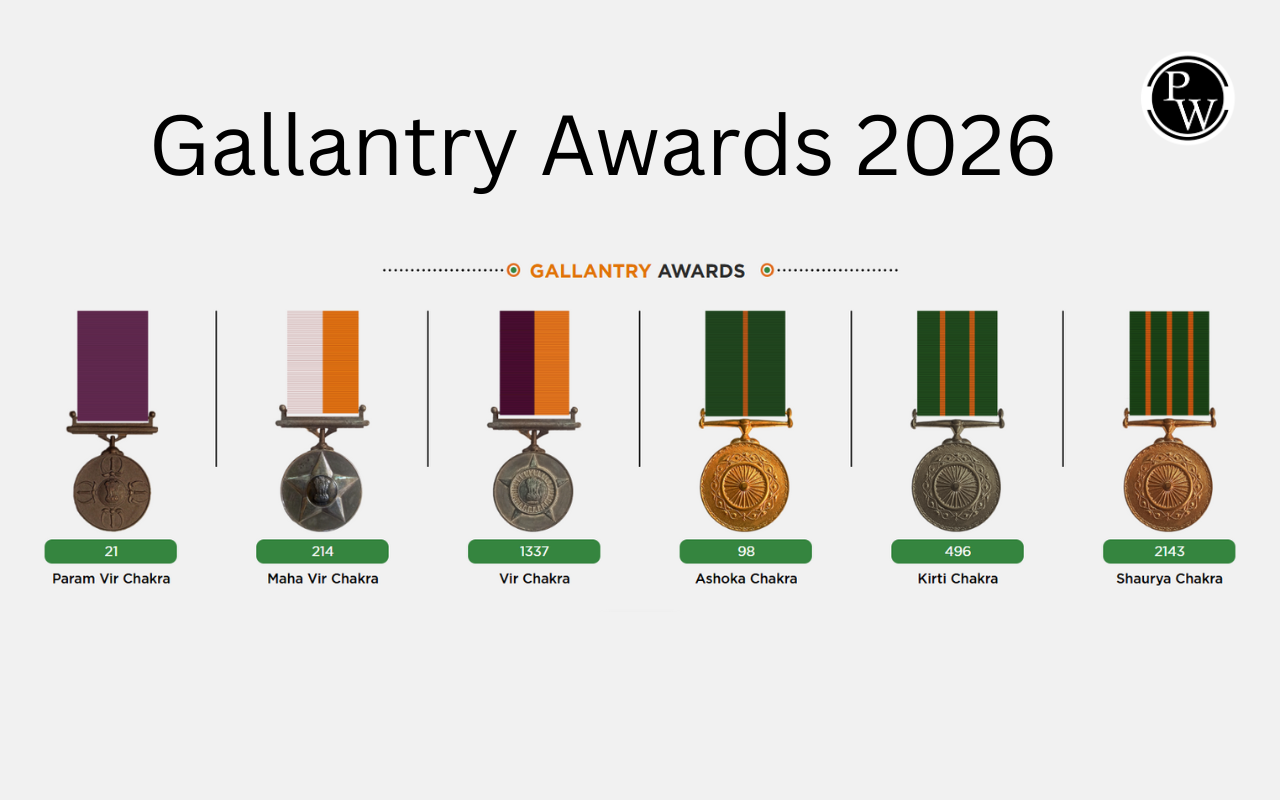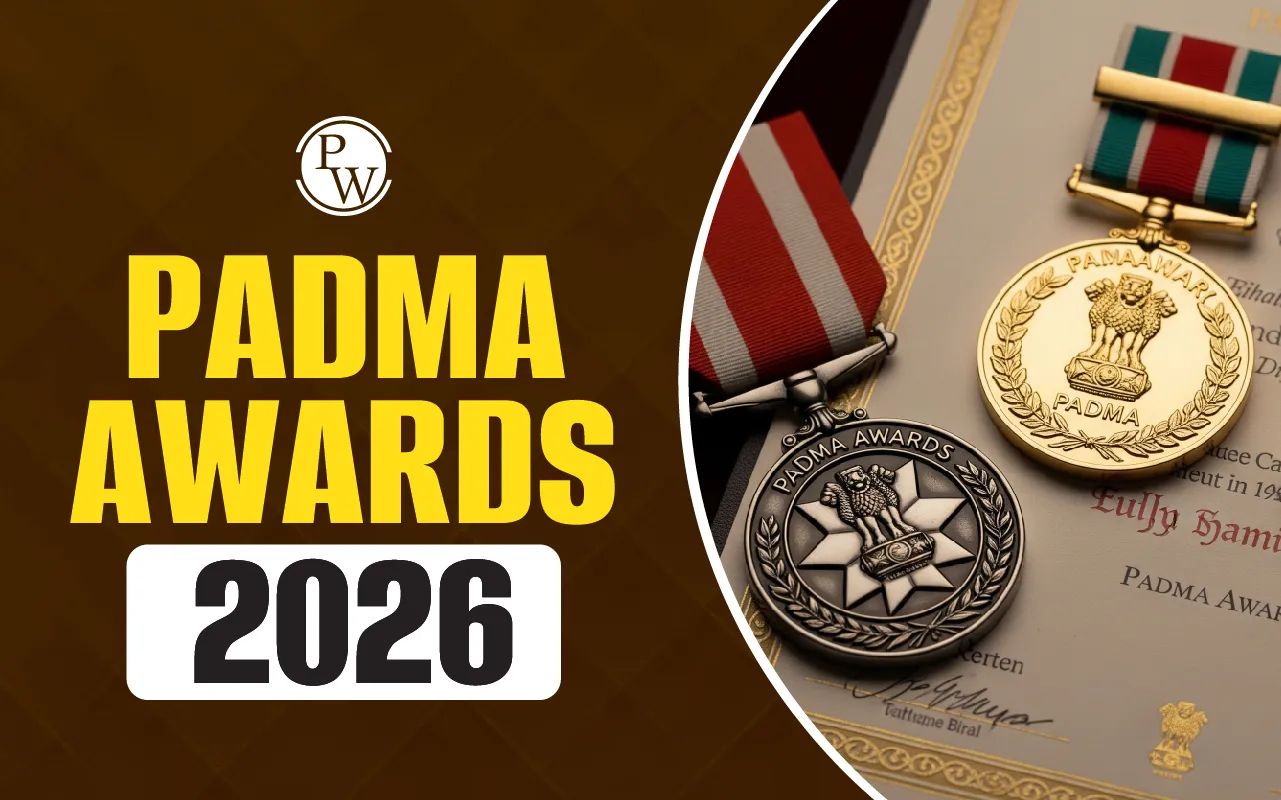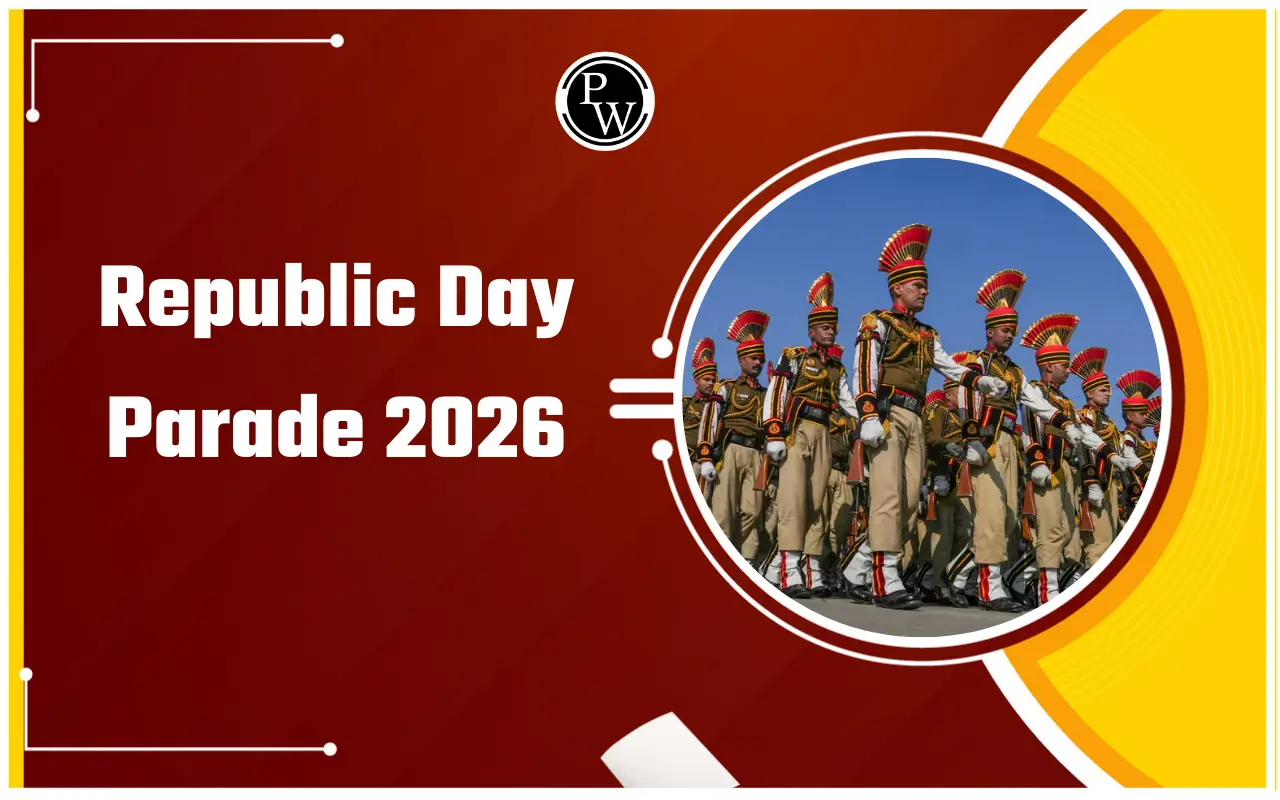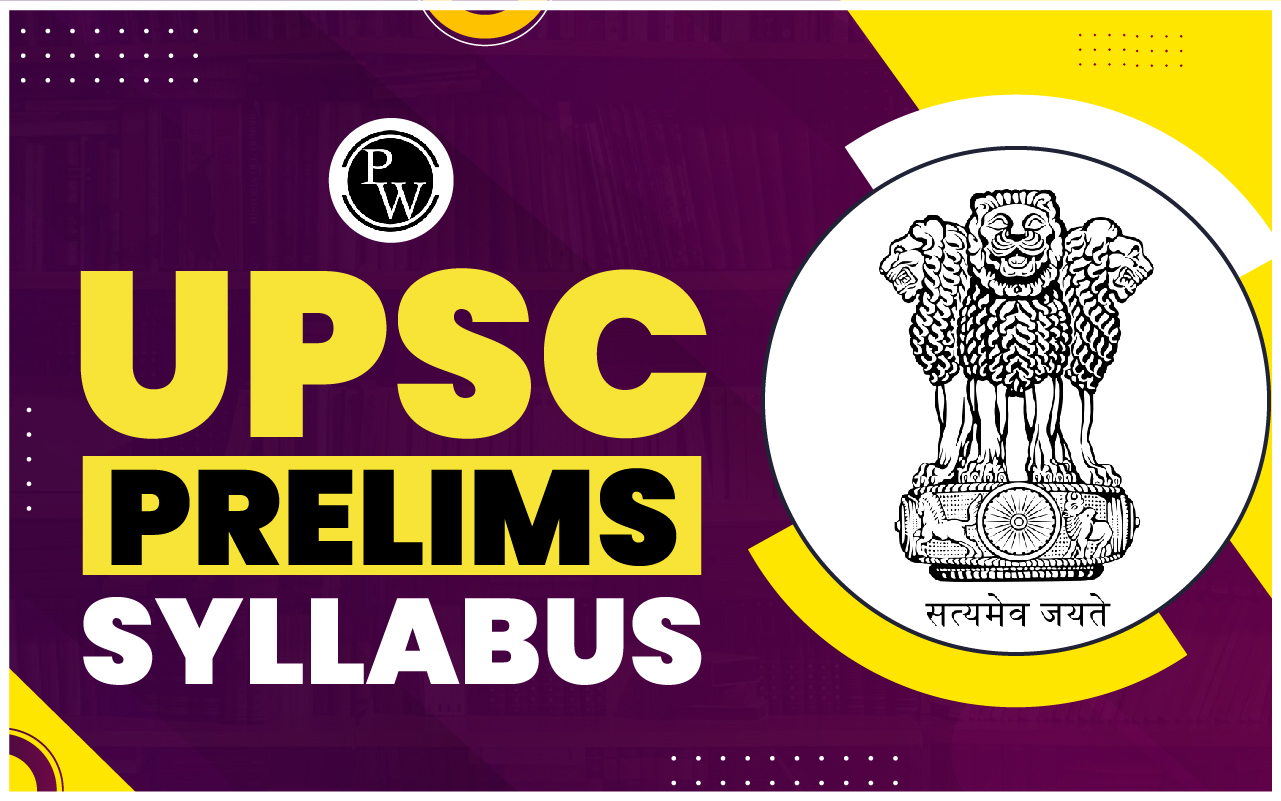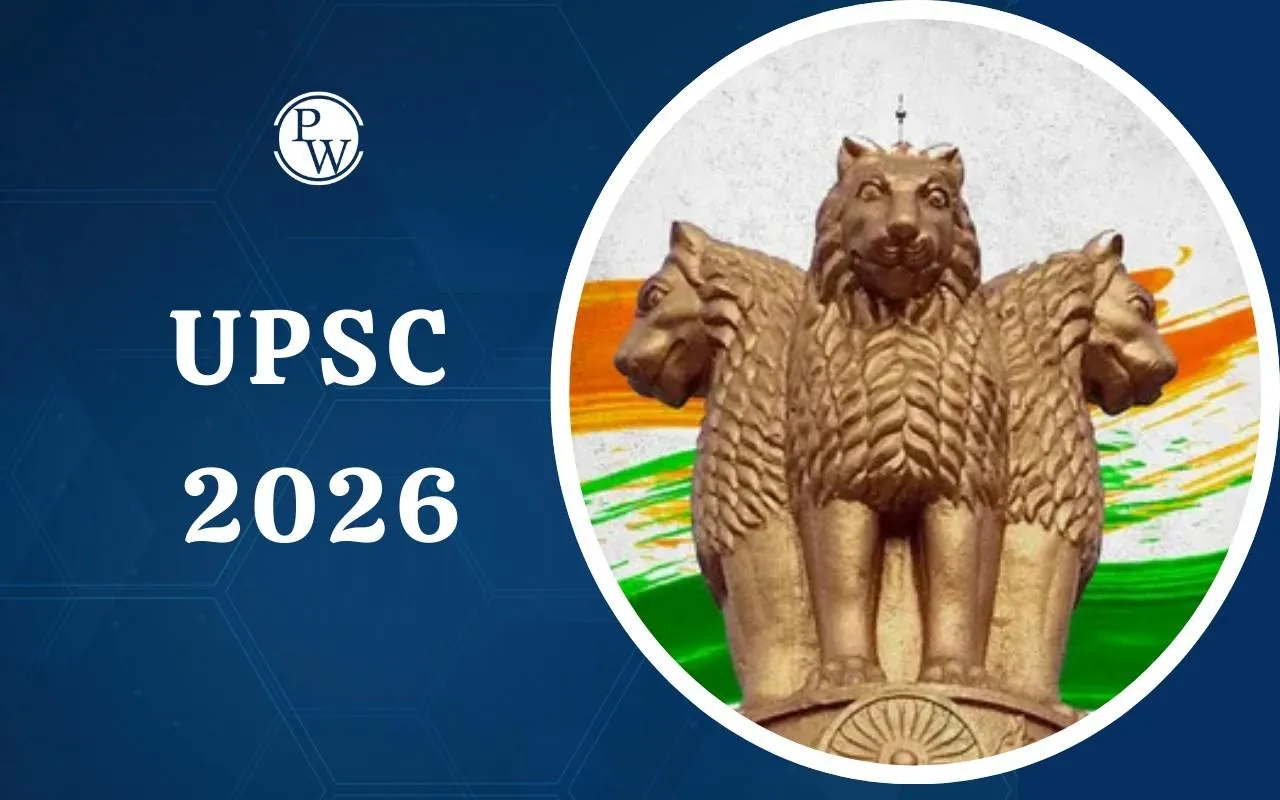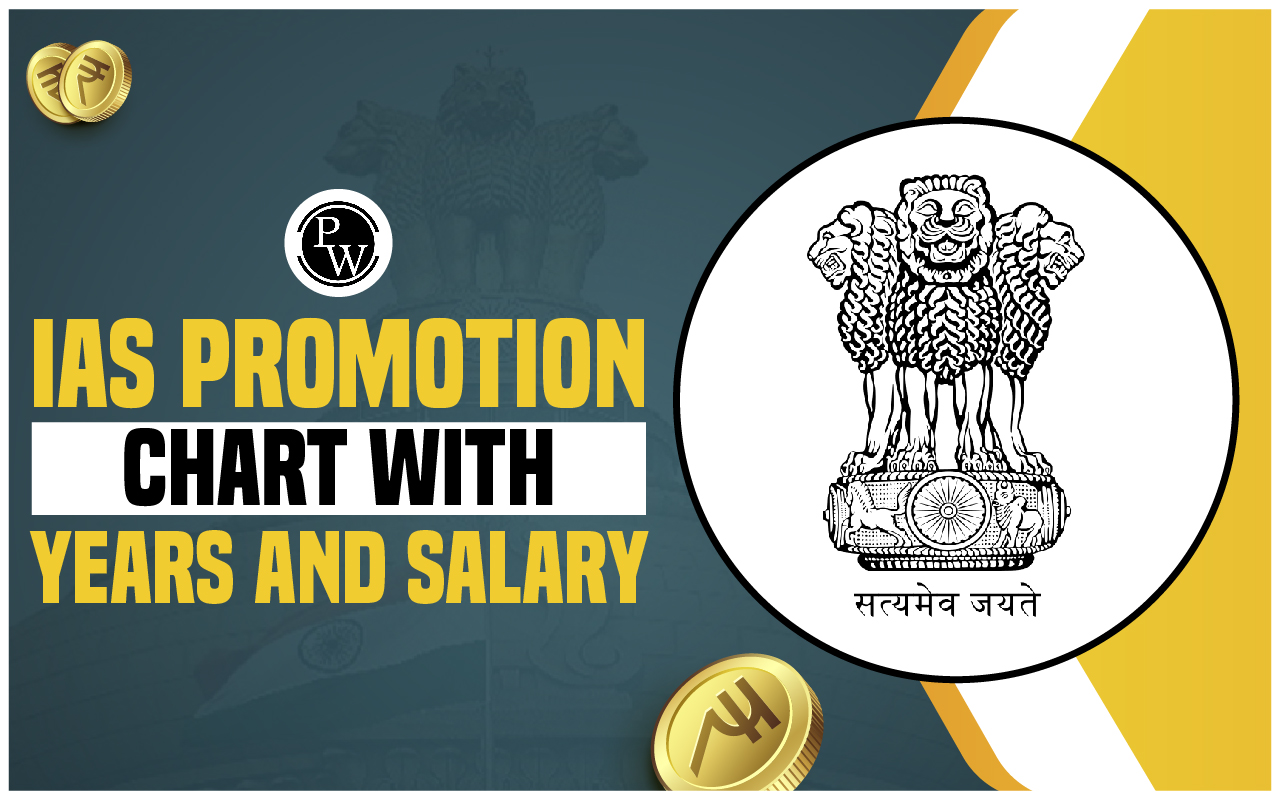
IAS Full Form: The Full form of IAS stands for Indian Administrative Service. This very popular question has become increasingly prevalent due to the rising preference for IAS as a career option.
Many curious individuals are trying to find out more about IAS. The words IAS and IAS Officer refer to the exact position of a category of career bureaucrat who serves as a District Magistrate, a Joint Secretary, a Chief Secretary, a Cabinet Secretary, etc.
IAS Full Form
Full Form of IAS stands for Indian Administrative Services (IAS). The Union Public Service Commission conducts various examinations every year. IAS Exam is also one of the exams conducted by UPSC. The IAS is a type of All-India Service which serves bureaucrats in various government departments.
They occupy a critical position in administration; hence, many people depend on them to function effectively and efficiently. It is the reason they are highly respected and rewarded. Usually, an intervention by an IAS Officer brings about positive outcomes in people's lives through social initiatives, education, health and the economy. Post-retirement, some can be asked to serve in various other capacities, ranging from a member of UPSC to an election Commissioner.
What is Meant by an IAS Officer?
Indian Administrative Services (IAS) is a category of bureaucrats who serve the union and the states in various capacities. They are the cream among the bureaucrats and hence are valued immensely for their contribution to administration. The IAS is the administrative arm of the All-India Services , which also consists of the Indian Police Service and Indian Forest Service.
How Can I Become an IAS Officer?
The most common way of becoming an IAS officer is by passing the Civil Services Examination (IAS Examination) conducted by the Union Public Service Commission (UPSC). Such officers are called direct recruits . There are IAS officers recruited from the state civil services, and, in some cases, selected from non-state civil service. The success rate of IAS is about 0.02%. This is the reason IAS officers are highly coveted and respected in the society. Once a candidate is selected for IAS, he/she will undergo training at the Lal Bahadur Shastri National Academy of Administration in Mussoorie, Uttarakhand .
Candidate can read about How to Become an IAS Officer
IAS Eligibility Criteria 2026
-
IAS Exam, which is officially known as Civil Services Examination, is an All-India Examination conducted by the UPSC to select civil servants.
-
The exam is conducted once a year in offline mode with pen and paper.
-
Due to the amount of knowledge required to crack the exam, and also the amount of competition, it is considered to be one of the toughest exams in the world.
-
According to the UPSC, candidates who have attained 21 years of age and less than 32 years can apply for the examination. There is age relaxation for various categories.
-
In addition, you must have graduated from a recognized university or have an equivalent qualification. Candidates in their final year of graduation can also apply for the exam.
IAS Selection Process 2026
The IAS election Process is divided into three stages: Preliminary, Mains and Personality Interview .
-
Preliminary Stage: The preliminary stage is just the screening test and marks of this stage are not considered for the final result. The preliminary exam consists of two 200 marks papers in objective format. They are GS Paper 1 and CSAT . While GS Paper is considered for cut-off score, the CSAT is qualifying in nature. The candidate has to score 33% in CSAT .
-
Mains Stage : The Mains exam is descriptive in nature and consists of 9 papers . Among these 9 papers, there are 2 language papers that are qualifying in nature. Out of the 9 papers, 4 papers are General Studies, one Essay and two Optional Papers . These 7 papers are collectively used for preparing the merit list.
-
Interview : Candidates qualifying UPSC Mains are called for the Personality Test at the Dholpur House , New Delhi .
IAS Officer Functions and Responsibilities
The IAS is a part of the permanent bureaucracy of the nation, ensuring continuity in administration regardless of the political party in power. An IAS officer serves in various authorities such as constitutional bodies, government agencies, auxiliary bodies, government-run companies, state and central regulatory bodies, statutory bodies and other autonomous bodies . IAS officers can also represent the country at international level in organisations such as the World Bank , the International Monetary Fund , the Asian Infrastructure Investment Bank, the Asian Development Bank , or the United Nations , or its agencies. IAS officers also head important statutory and constitutional bodies such as Election Commission of India , Comptroller and Auditor General , Reserve Bank of India etc. Responsibilities of an IAS Officer includes the following:
-
To collect revenue, and in matters of revenue and crime , function as court officials.
-
To maintain law and order in their administrative area.
-
To implement the policies of the union and state government at the grass-roots level.
-
To function as an agent of the government in the field.
-
To handle day-to-day proceedings of the government such as formulation and implementation of policy in consultation with elected representatives and other employees.
-
To make certain policy decisions by consulting with the concerned minister or the council of ministers when posted at the higher level.
IAS Officer Salary and Benefits
Based on the recommendations of the 7th Pay Commission , following is a table highlighting remuneration received by an IAS Officer Salary:
|
Post |
Monthly Salary |
||
|
District Level |
State Level |
Central Level |
|
|
Sub-Divisional Magistrate |
Undersecretary |
Assistant Secretary |
₹56100 |
|
Additional District Magistrate |
Deputy Secretary |
Undersecretary |
₹67,700 |
|
District Magistrate |
Joint Secretary |
Deputy Secretary |
₹ 78,800 |
|
District Magistrate |
Special Secretary-cum-Director |
Director |
₹1,18,500 |
|
Divisional Commissioner |
Secretary-cum-Commissioner |
Joint Secretary |
₹1,44,200 |
|
Divisional Commissioner |
Principal Secretary |
Additional Secretary |
₹1,82,200 |
|
No Equivalent Rank |
Additional Chief Secretary |
No Equivalent Rank |
₹2,05,400 |
|
No Equivalent Rank |
Chief Secretary |
Secretary |
₹2,25,000 |
|
No Equivalent Rank |
No Equivalent Rank |
Cabinet Secretary of India |
₹ 2,50,000 |
Apart from a fixed salary, an IAS Officer receives benefits in various form, such as:
-
Job Security: An IAS Officer cannot be dismissed from the service easily without strong evidence. This enables them to enjoy job security.
-
Residential Place: IAS Officers are allowed to stay in government-owned accommodation with low or no rent. They can also avail the services of domestic help.
-
Expenditure Bills: IAS Officers receive electricity, gas, water, phone connections at low or no cost, thus reducing their out-of-pocket expenditure.
-
Free Transport: IAS Officers are provided one or more vehicles with chauffeurs for official purposes to travel within their area of administration.
-
Security : IAS Officers are provided with security guards for themselves and even their family as they may face threat to their lives.
-
Accommodation During Trips : While on an official trip, IAS Officers enjoy accommodation in government guest houses or properties.
-
Sabbatical: The government allows IAS Officers to take study leaves for 2 years. They are allowed to undergo courses outside India, and in many cases, their fees are paid by the government.
-
Pension Benefits : Due to the permanent nature of the job, IAS Officers enjoy lifetime pension and other retirement benefits.
-
Post-Retirement Benefits : Post-retirement, the services of the IAS Officer can be availed in other departments of the government.
Who are Some of the Famous IAS Officers in India?
-
Vinod Rai : He served as the 11th Comptroller and Auditor General of India . He is believed to have unearthed the multi-billion worth 2G Spectrum scam in India.
-
Anna Rajam Malhotra : She was the first woman IAS officer of India. She is known to have broken many gender stereotypes during her tenure as IAS Officer.
-
T N Seshan: He served as the 10th Chief Election Commissioner of India, implementing electoral reforms. He was awarded the Ramon Magsaysay Award for government service.
-
D Subbarao : He served as the 22nd Governor of RBI . During his tenure as an IAS Officer, he is known to have systematically implemented the land transfer regulation.
-
Amitabh Kant: He served as the 2nd CEO of public policy think-tank NITI Aayog . he is currently India's G20 Sherpa to the Prime Minister.
-
Ashok Khemka : He is known for his actions against land mafia and corruption . As of 2023, he has been transferred 55 times in his 30 years of service by state governments.
-
Armstrong Pame : He is the first person from the Zeme Naga tribe from Manipur to become an IAS Officer. He is known for building a 100 km road , using public contributions, in one of the most remote parts of the country.
-
Durga Shakti Nagpal : She came into prominence after launching a massive drive against corruption and illegal sand mining during her posting in Gautam Buddh Nagar.
-
Ira Singhal : Ira Singhal was the first differently abled woman to top the civil services exam. She has worked on issues such as education, disability, gender disparity, skill development etc.
-
U Sagayam : A Tamil Nadu cadre IAS Officer, he is known for his investigations into the illegal mining of granite in Madurai, exposing politicians and businessmen.
IAS is a core member of the country’s non-political executive , who is responsible for executing government functions at grassroots level . An IAS Officer not just manages offices; he/she has the capability to positively impact the lives of lakhs of people directly and indirectly.
|
Related Post |
||
IAS Full Form FAQs
What is the Full Form of IAS Officer?
How to Become an IAS Officer?
Is the Full form of IAS and IPS Same?
What is the Salary of an IAS Officer?
Which Authority is Responsible for Conducting the IAS Examination?



